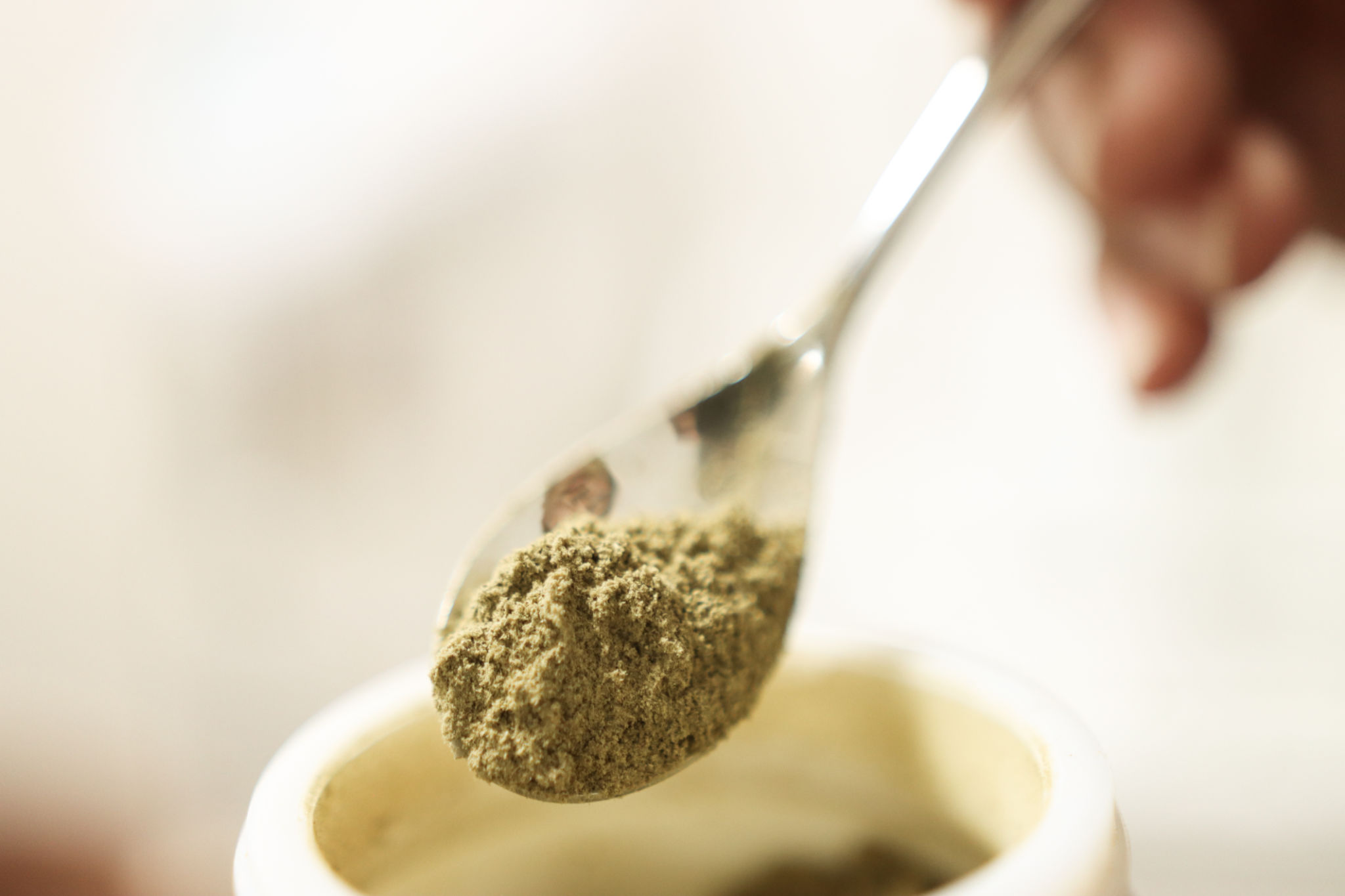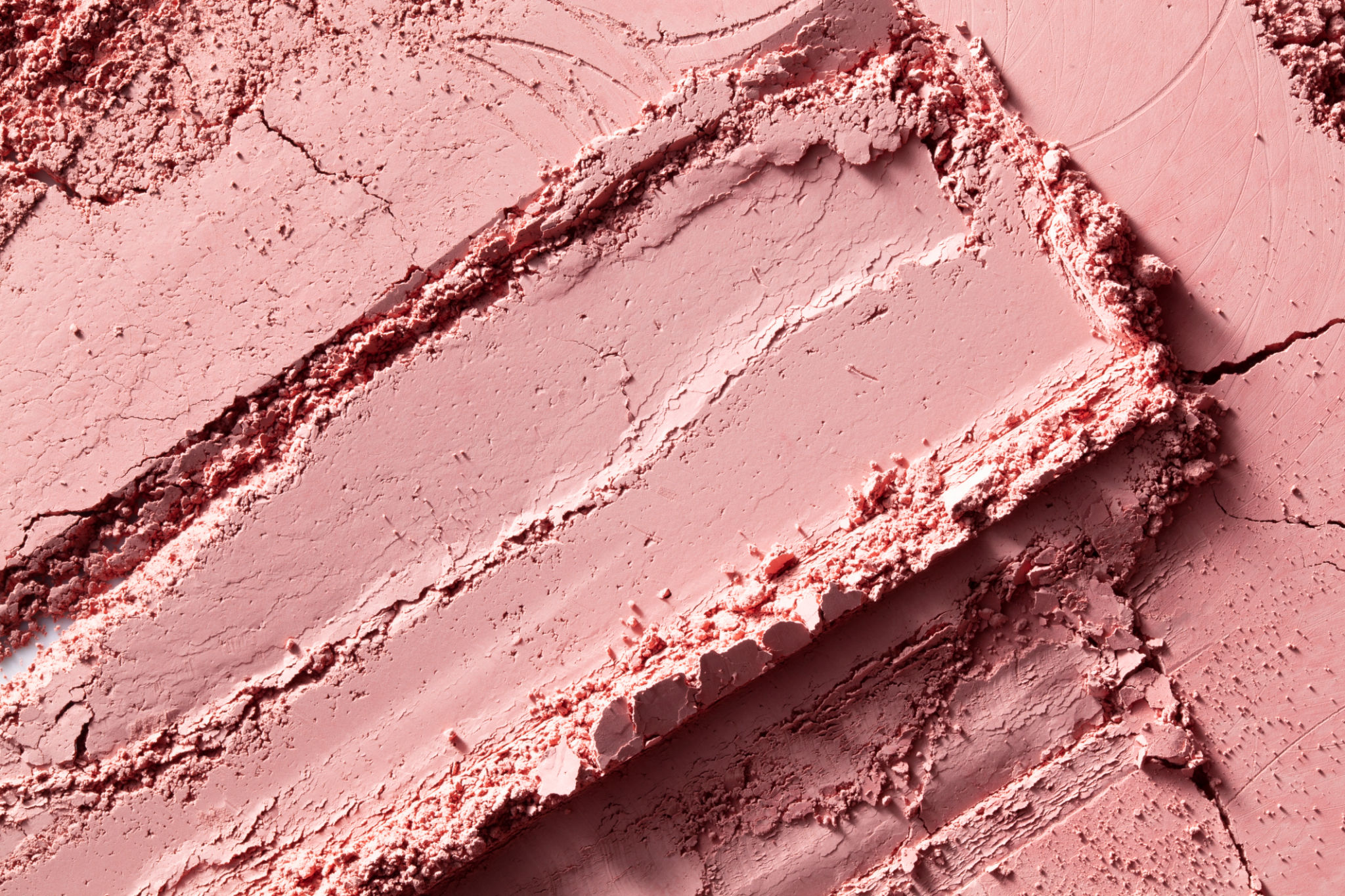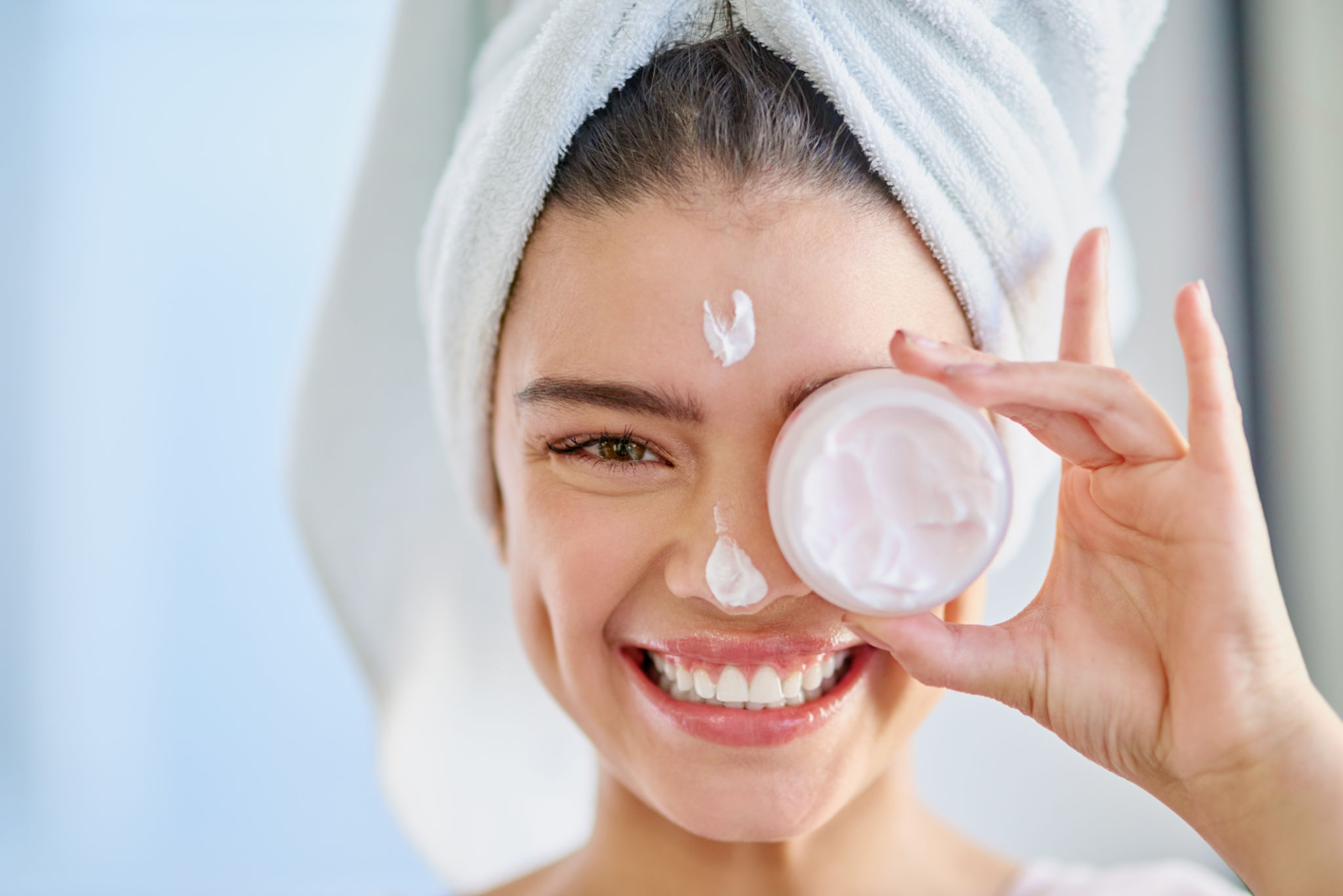Tea Infused Skincare Myths: Separating Fact from Fiction
The Rise of Tea Infused Skincare
In recent years, tea-infused skincare products have taken the beauty world by storm. From green tea to chamomile and rooibos, these ingredients are touted for their potential to improve skin health. But how much of this is marketing hype, and how much is backed by science? This post aims to separate fact from fiction when it comes to tea in skincare.

Myth 1: All Teas Offer the Same Benefits
One common misconception is that all teas provide identical skincare benefits. In reality, different types of tea have unique properties. Green tea, for example, is rich in antioxidants and is known for its anti-inflammatory effects, which can help reduce redness and irritation. Black tea, on the other hand, contains tannins that may help tighten skin and minimize pores.
Understanding the specific benefits of each type of tea can help consumers make more informed decisions when selecting skincare products. Not all teas are created equal, and knowing which one suits your skin type can make a significant difference.
Myth 2: Tea Can Replace Traditional Skincare Ingredients
Another myth is that tea-infused products can completely replace traditional skincare ingredients like retinol or hyaluronic acid. While tea offers numerous benefits, it should be viewed as a complementary ingredient rather than a replacement. Many teas provide antioxidants, but they might not offer the same potent effects as clinically-proven ingredients found in conventional skincare.

Myth 3: All Tea Infused Products Are Natural
Many people believe that tea-infused products are inherently natural and free of chemicals. However, this isn't always the case. Some products may contain additional synthetic ingredients or preservatives to enhance shelf life or performance. Always check the ingredient list if having a natural product is important to you.
When purchasing tea-infused skincare, it's vital to read labels carefully and understand what you're applying to your skin. Opt for brands that are transparent about their ingredient sourcing and formulation processes.

Myth 4: Immediate Results
People often expect immediate results from using tea-infused skincare products. However, as with most skincare regimens, time and consistency are key. While you might notice some immediate effects, like reduced redness from green tea, the more profound benefits usually require regular use over several weeks or months.
Patience is essential when incorporating new products into your routine. Track changes in your skin over time to accurately assess the effectiveness of tea-infused products.
The Truth About Tea in Skincare
The inclusion of tea in skincare products is more than just a passing trend; it offers real benefits when used correctly. However, it's essential to approach these products with realistic expectations and an understanding of what they can and cannot do.
Remember that while tea can be a powerful addition to your skincare routine, it works best when combined with a balanced approach that includes other effective ingredients and healthy lifestyle choices.
